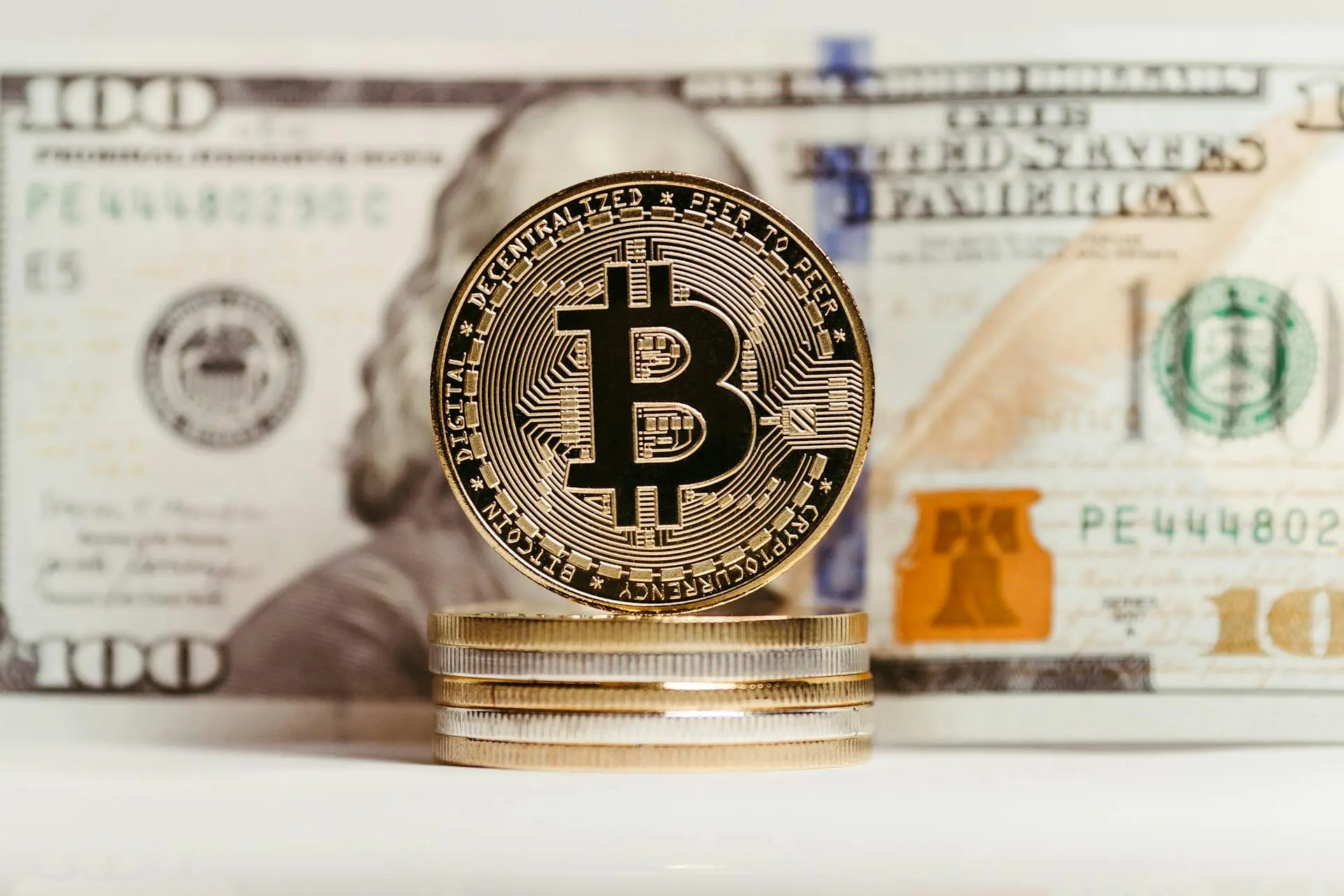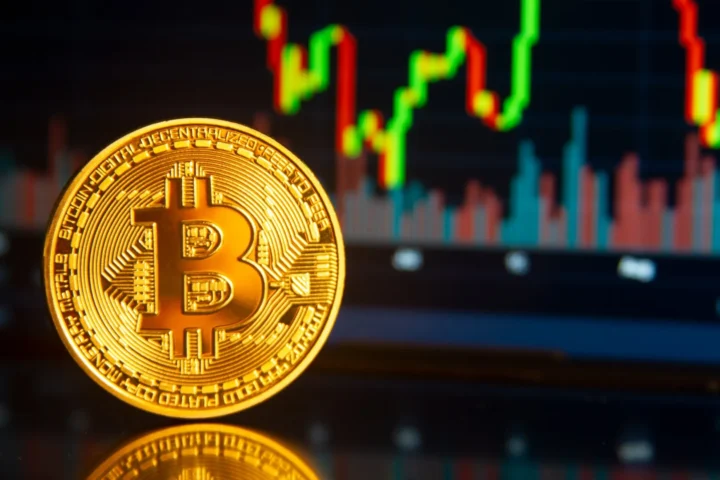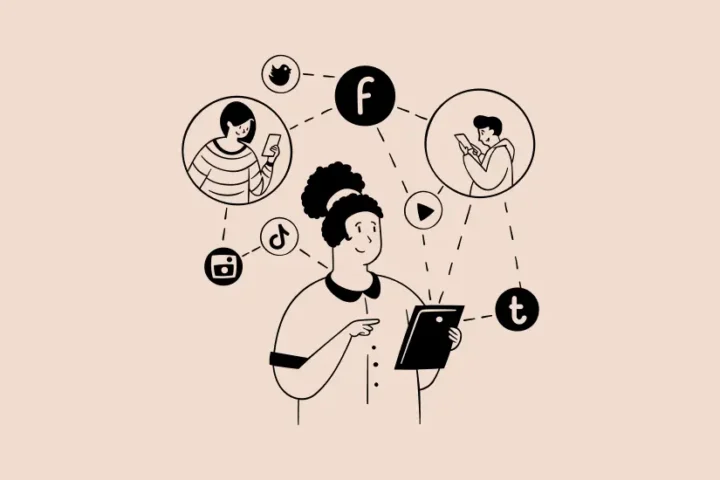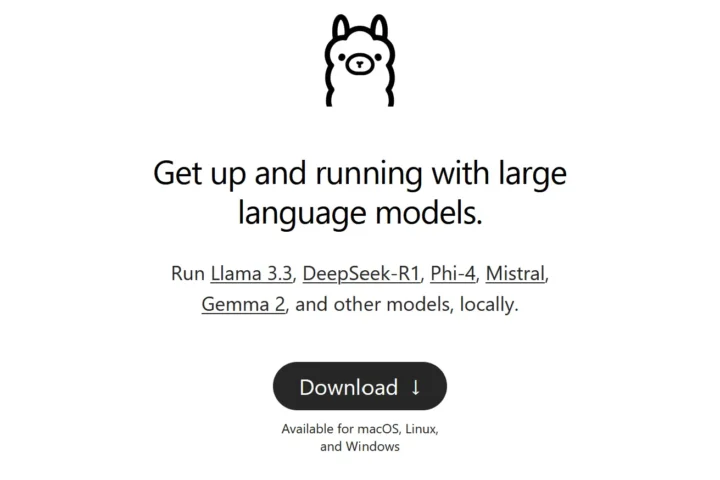Imagine walking down a busy street, watching people go about their routines—heading to work, shopping, or enjoying a moment of leisure. Many of them have never bought Bitcoin, and perhaps don’t even know exactly what it is. Yet, without realizing it, they’re already exposed to this digital asset that never sleeps, never stops, and is silently infiltrating the foundations of the global economy.
Pension Funds and Indirect Exposure
Pension funds manage trillions in assets with the goal of ensuring stable retirements for millions of people. If these funds begin investing in Bitcoin as part of a diversification strategy, their beneficiaries become exposed to the performance of this asset—often without knowing it. Even those who have never interacted directly with cryptocurrencies would, indirectly, be part of this market.
Companies Holding Bitcoin Reserves
Major publicly traded companies like MicroStrategy and Tesla have already included Bitcoin in their balance sheets as part of their cash reserves. Other companies are quietly following suit. In Brazil, Méliuz stood out as one of the first companies listed on the B3 exchange to acquire Bitcoin as a reserve asset.
This signals a growing trend: companies are incorporating BTC as part of their cash management and corporate strategy. Firms like MicroStrategy, Tesla, and Méliuz have already reported such exposure. During Bitcoin’s bull runs, these companies saw significant appreciation in their holdings, impacting their financial statements. Conversely, during market corrections, Bitcoin behaved similarly to other risk assets, experiencing notable declines. These facts show that despite its volatility, Bitcoin is increasingly being treated as a legitimate asset class within corporate finance.
ETFs and Broader Market Exposure
The approval of Bitcoin ETFs in the United States and other countries has further expanded the presence of this asset in traditional financial markets. These products allow institutional and retail investors to access Bitcoin through regulated instruments, without needing to store the asset themselves. In addition to Bitcoin-focused ETFs, there are also sectoral ETFs—such as those targeting technology, innovation, or ESG—that include companies with direct or indirect exposure to the crypto asset.
In Brazil, integration is advancing with initiatives like Nubank, which allows users to purchase cryptocurrencies directly within its app without requiring self-custody.
Another example is the Coin11 ETF, which distributes regular income in reais to its shareholders, appealing to Brazilian investors who value passive income. In this way, Bitcoin is increasingly integrating into the structure of the conventional financial system.
States and Governments: Bitcoin as a National Reserve
El Salvador’s adoption of Bitcoin as legal tender and its accumulation of BTC reserves is a concrete example. Other countries are observing and gradually testing similar initiatives. In the United States, after the election of Donald Trump, the appointment of more crypto-friendly officials has raised expectations for clearer and more permissive regulation.
It’s also worth noting that the U.S. already holds a kind of strategic Bitcoin reserve—not through direct purchases, but through cryptocurrencies seized in legal proceedings and criminal investigations. These funds, held in government custody, represent a significant BTC position that could potentially be used strategically in the future.
Following this trend, the state of New Hampshire became the first in the U.S. to pass a specific law to establish a strategic Bitcoin reserve, signaling an increasingly institutional adoption of the digital currency.
A Market That Never Sleeps
Unlike traditional markets, the cryptocurrency market operates 24/7. While you sleep or work, billions in value are being traded, and decisions that affect your financial life can happen in real time. The more traditional institutions enter this market, the more pronounced this effect becomes.
The Silent Advance of Bitcoinization
We are witnessing a passive “bitcoinization” of the economy—not through abrupt revolution, but through silent adoption, where companies, governments, and institutions are strategically positioning themselves in Bitcoin.
Companies buying Bitcoin as reserves, pension funds adding crypto to their portfolios, ETFs making access easier and automated, and governments holding significant positions—all of this is happening before the eyes of a public largely unaware of the extent of these changes.
This has profound implications:
Final Thoughts
Even if you don’t own Bitcoin, it may already be part of your life. This is no longer just a niche speculation—it’s a transformation in economic infrastructure. The question now is: do you want to remain unaware, or understand and prepare for what’s coming?
Bitcoinization is not just a technological shift—it’s a civilizational one.








Start the conversation!